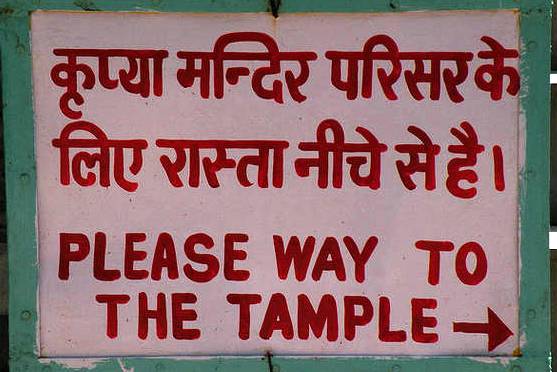I have come across more information about trust registration and setting up a non-profit organization in India in the form of a public charitable trust in India. So, this article is an update on my main article about this subject.


I have come across more information about trust registration and setting up a non-profit organization in India in the form of a public charitable trust in India. So, this article is an update on my main article about this subject.

Second part: Electronic communication is very fast and presents the need of learning a new set of communication etiquette. This article lists a few of the basic mantras to do effective and matured email exchange.

Learn the basics of effective and matured email exchange. It is important to know the etiquette of email conversation in the present day digital era.

Learn the difference between society and charitable trust in India. I present a trust vs society comparison of NGOs so that you can easily decide which one is better for your social work.

Learn how to register a society in India. Societies are non-profit, non-government organizations that are registered under the Societies Registration Act, 1860.

Learn all the details about Trust Registration and setting up a non-profit organization in India in the form of a public charitable trust. I have registered a Trust myself and all this information is based on my own experience. I am sharing this researched information with you in order make my contribution towards encouragement of non-profit and voluntary work in India.

This second installment in the series on English language mistakes will tell you about a few more terms and phrases that are understood only in India. These are either wrong, antiquated or nonconforming to standard English. Therefore, use of these terms or phrases should be avoided.

You must avoid these mistakes while using English language. People in India are used to with these wrong usages; so they don’t realize making these mistakes. But such mistakes show your professional abilities in bad light (especially when you communicate with native English speakers)